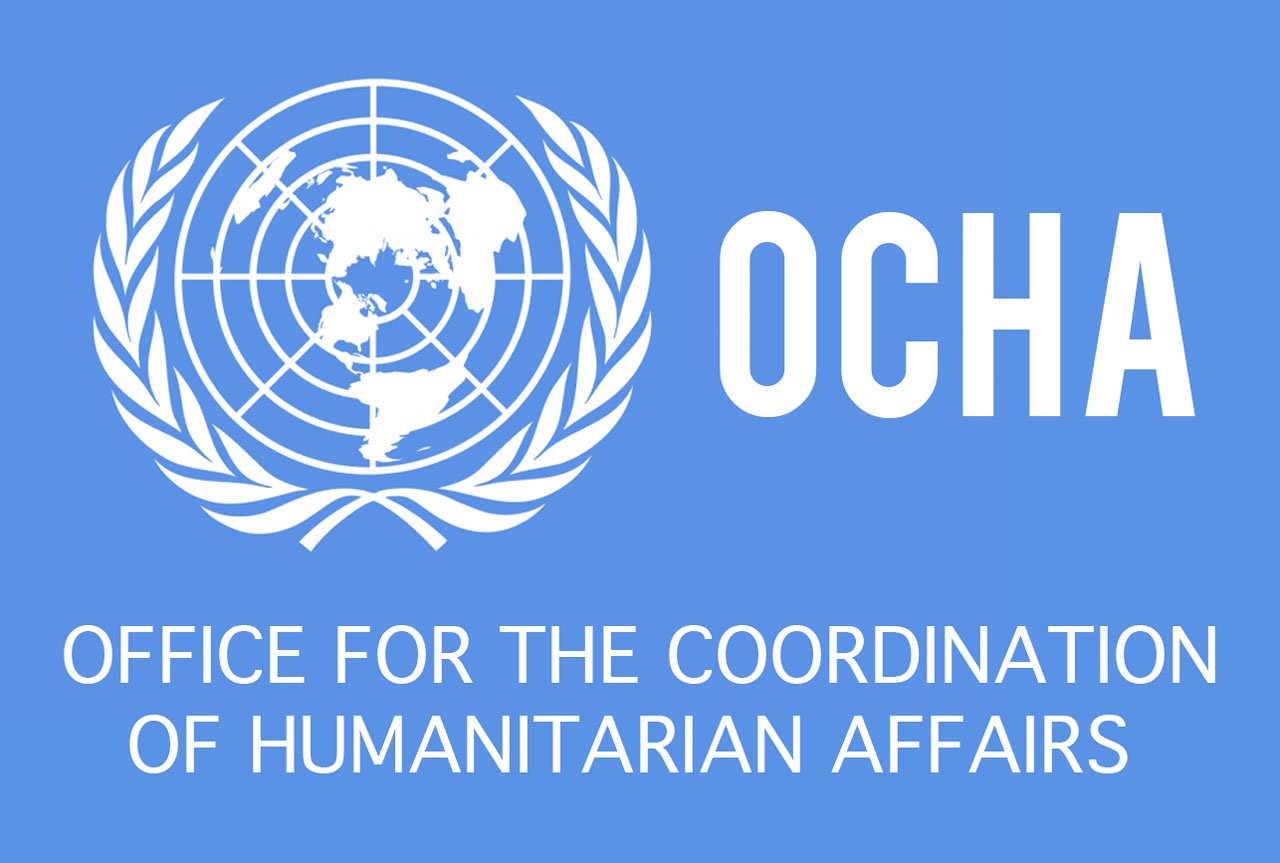The United Nations Office for the Coordination of Humanitarian Affairs (OCHA) has released a report stating that 22.9 million people in Afghanistan will need humanitarian assistance in the coming year.
The UN agency said that this year, acute food insecurity has affected 12.4 million people in Afghanistan, a number expected to rise to 14.8 million in 2025.
According to the report, UN aid organizations will require $2.42 billion to assist 16.8 million people in Afghanistan in 2025.
Qutbuddin Yaqoubi, an economic expert, stated: “For better management of this situation, governments are obligated to address factors such as security, political stability, infrastructure for aid delivery, and the regulation of small businesses.”
The OCHA report also highlighted that unemployment, household debt, and poverty remain widespread in Afghanistan, affecting nearly half of the population.
Residents of Kabul facing economic challenges have called on local and international organizations for help.
Mohammad Nabi, a Kabul resident, told TOLOnews: “The poor should be helped. Many people are in a terrible situation and unable to support themselves.”
Naqibullah, another Kabul resident, said: “My rent is 3,000 afghani, but I am not on the list of aid recipients. I live in District 1, and you can come and see for yourself.”
Meanwhile, the Ministry of Economy emphasized the need for the removal of economic sanctions on the country. The ministry believes that lifting sanctions would boost Afghanistan’s economy and improve citizens’ economic conditions.
Abdul Rahman Habib, the spokesperson for the Ministry of Economy, said: “Relying on developmental programs that can create job opportunities and strengthen families requires increased cooperation and support from the international community. Lifting economic sanctions and receiving global support can contribute to sustainable economic growth and improve the economic situation of our people.”
The OCHA report further stated that the Afghan population remains under increasing restrictions imposed by the ruling authorities, which heighten protection risks, particularly for women, girls, and other vulnerable groups.
It also said that climate change challenges, coupled with rising temperatures in 2025, will worsen drought conditions in Afghanistan.

